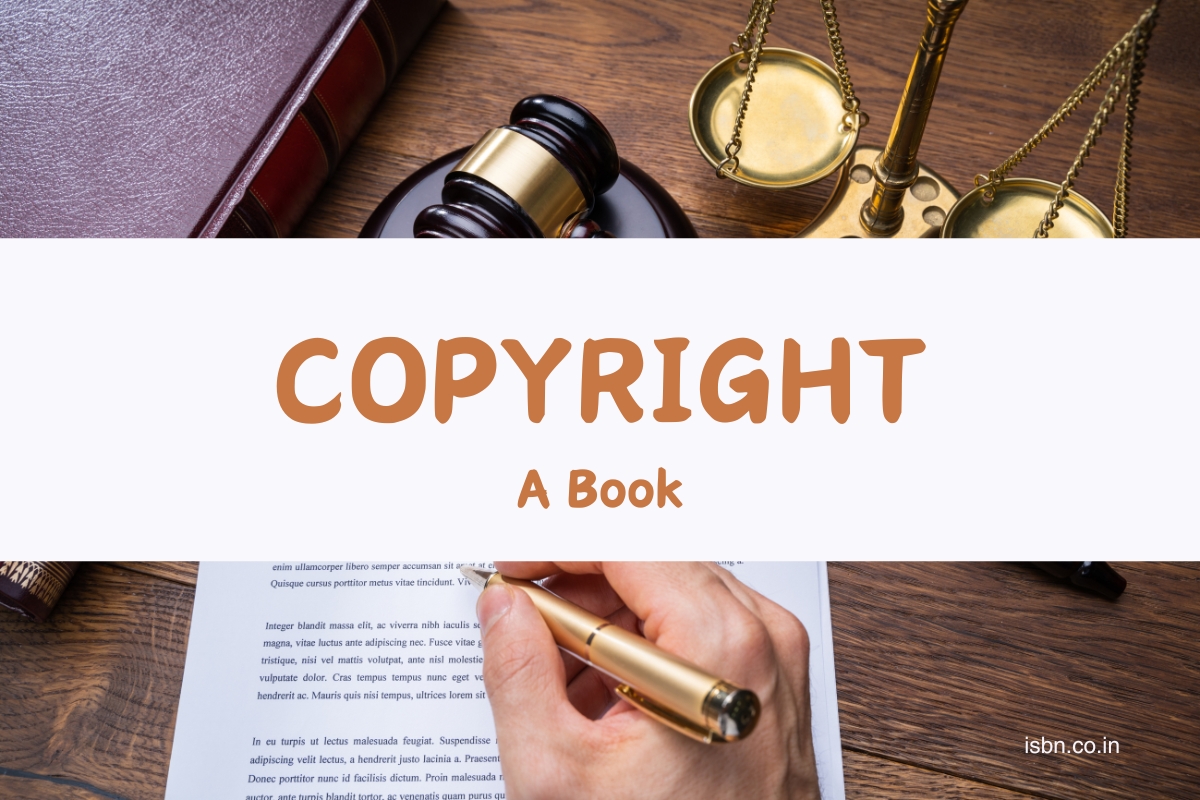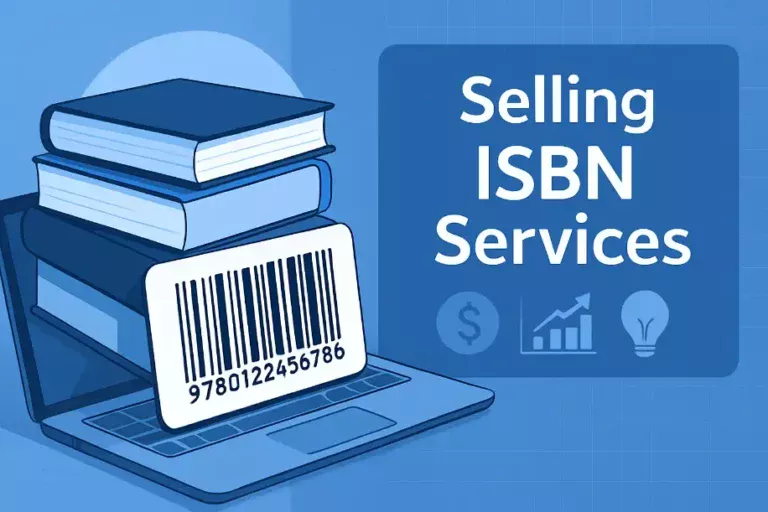Do I need to copyright my book? This is a question many authors ask. The short answer is yes! As an author, you’ve invested considerable effort and emotion into your book. It is crucial to understand book copyright laws to protect your intellectual property.
Copyright for a book gives you exclusive rights, such as the ability to reproduce, distribute, create derivative works, and publicly display your creation. This blog post takes a look into the intricacies of copyrighting a book before publication and highlights the significance of owning copyright of your book legally.
How to Copyright a Book Before Publishing
Copyright protection begins the moment you draft your book. Once your narrative is in written form—whether typed, handwritten, or otherwise recorded—your literary work automatically gains copyright protection under existing laws.
In the U.S., this copyright protection lasts for the author’s lifetime, plus an additional 70 years. This extended term ensures your original work remains under your control and exclusive rights for a substantial period.
Many authors find the difference between a book’s automatic copyright and the registration of that copyright confusing. Here’s a breakdown to clarify:
Copyright on a Book
Copyright a book automatically gives you several protections:
- Automatic Protection: Once you create an original work, such as a book, you are automatically granted copyright protection.
- Protection from Public Domain: Creative work such as books become public domain after 70 years of the author’s death. Your book won’t get added into public domain database before the time.
- US: Works published in the U.S. before 1928 are in the public domain. For works published between 1928 and 1978, the inclusion of a copyright notice determines their status. If no notice was given, the work is in the public domain. Works with a notice are protected for 95 years from publication. Post-1978 works are protected for 70 years from the author’s death. For corporate authorship, the term is the shorter of 95 years from publication or 120 years from creation.
- Europe: Rules vary, but generally, works published before 1923 are in the public domain. Works published between 1923 and 1964 are typically protected for 50 years from publication. Post-1995, works are usually protected for 70 years from the author’s death.
Registration of Copyright
- US: Registering your book’s copyright is a formal process involving the U.S. Copyright Office. This registration offers legal evidence of ownership and protection. You need to upload a digital copy of your book, fill out required metadata, pay a fee (currently $45), and wait for approval. Registration is crucial for legal protection and introducing your book into the market.
- Registering your book is not equivalent to publishing; however, it provides legal safeguards and proof of ownership. Copyright registration isn’t automatic—you must actively register your book. This registration enhances your legal standing if someone infringes on your work and enables you to seek statutory damages.
- Europe: To register a copyright in Europe, choose the relevant national office, fill out an application, and pay the filing fee. Once approved, you’ll receive a registration certificate valid for the author’s life plus 70 years.
Why Register Your Copyright?
Registering a book’s copyright offers authors numerous benefits. It fortifies your ownership record, deters potential infringers, and enables you to enforce your rights. Copyright registration can help you recover statutory damages and attorney fees in infringement cases.
Registration simplifies ownership validation and enforcement, making legal processes more manageable.
Publishers should consider the tax implications of assigning or licensing rights to their companies. Registering copyrights can assist in navigating fiscal requirements.
Can You Have International Copyright Protection?
Straightforwardly, no automatic international copyright protection exists. However, international treaties and agreements offer a framework for cross-border copyright protection.
- Berne Convention: Offers automatic copyright protection and sets minimum standards across member countries.
- TRIPS Agreement: Establishes minimum intellectual property protection standards, including copyrights.
- WIPO Treaties: Provides a structure for intellectual property protection through various treaties.
- National Laws: Countries have specific regulations for copyright protection; authors should research regulations relevant to target markets.
FAQs
- How do I copyright a story?
You can protect numerous written works, including novels, memoirs, cookbooks, and anthologies. Copyright extends to new content prepared for compilations, but not to pre-existing works. - Can you copyright a book title?
No, a book title cannot be copyrighted under U.S. law. However, you can trademark a distinctive and unique book title to prevent others from using it. - Can you publish a book with the same title as another?
Yes, but using the same title may have marketing implications and legal consequences if your content mimics another’s work. Trademarking your book title is advisable for uniqueness.
Conclusion
Though copyright ownership is inherent once a work is created, registering a copyright provides additional ownership proof, especially for unpublished works. During disputes, registration facilitates damage recovery and protects against piracy in the digital era.






